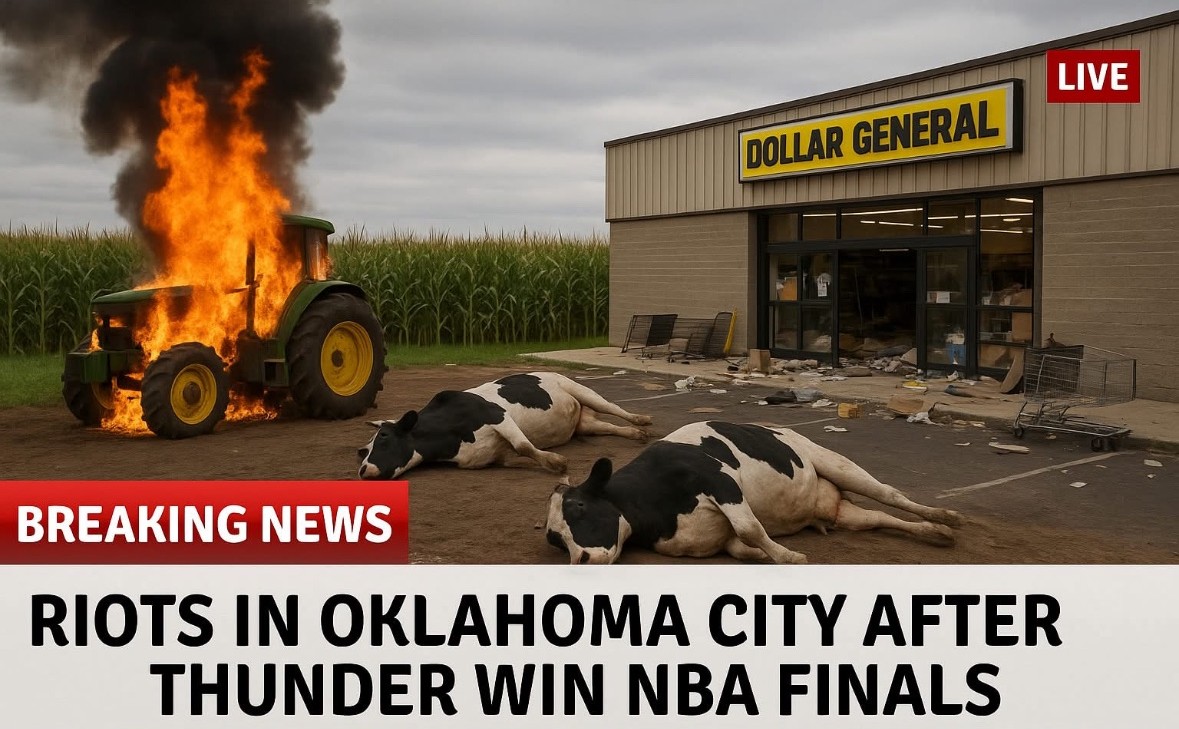 I’ve been away from my phone this morning.
I’ve been away from my phone this morning.
Nico Harrison hasn’t traded Cooper Flagg yet, has he?
~~~~~~~~~~~~~~~~~
Think about the very first words our God said to the very first human beings. In the creation account in Genesis 1, the text says “God blessed them.” His very first words to his created humans were words of blessing. He created them and he immediately spoke blessings to them.
I wonder what he said.
We don’t know. The text doesn’t tell us. Maybe it was something like this.
You are very good. I made you in my image. You are mine. You belong to me and I belong to you. You are important to me. You are valuable to me. You matter to me. You are deeply loved by me.
Then almost immediately, these people take what God says is important–people–and make them not important. They take what God blesses as valuable–people–and make them not valuable. There’s murder and revenge, lying and rape, pride and jealousy, violence and drunkenness–all kinds of evil in our hearts and minds and in our actions against each other.
And in Genesis 12, God says, “No! This is not how it’s going to be! What I think is important is going to be important! What I have blessed as valuable is going to be valuable! I am going to bless Abraham and, through him, I am going to bless all the people of the whole world!”
And Jesus takes all that wickedness, rebellion, and sin, he bears it in himself, all the way to the cross, and he leaves it there. And on that third day, when our Lord is raised to life by the Holy Spirit, he doesn’t speak one word of vengeance or punishment or anger or retribution. The very first word Christ Jesus says to his disciples on that resurrection day is, “Peace. Peace be with you.”
You are very good. You are made in God’s image. You are his. You belong to God and he belongs to you. You are important to God. You are valuable to him. You matter to God. You are deeply loved by God.
And his blessing for you and his promise to you is bigger than all your sin.
I think about David, the king of Israel, the man after God’s own heart. What did God see when he looked at David that day and chose him and blessed him? David was just a kid, kind of an afterthought, just a kid hanging out with the sheep. What did God see in him that day?
Did he see David’s fierce violence or his fierce loyalty?
Did he see David as the great psalmist or the notorious outlaw?
Did he see David’s humility and prayers or his rape and murder and lying and sin?
God saw all of it. Every bit of it. And God still picked David. He chose David and blessed him.
And our God chose you in Jesus Christ before the foundations of the earth.
His blessing for you and his promise to you is bigger than all your sin.
Peace,
Allan







Recent Comments